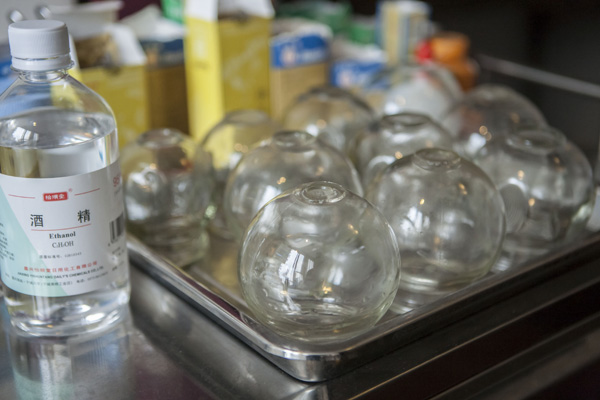Cupping and coining: I did it long before Michael Phelps did in Rio
Updated: 2016-08-20 07:32
By Sopheng Cheang In Phnompenh Associated Press(China Daily)
|
||||||||
Now when I have a fever, flu, headache or other problems I go to a neighborhood "cupping spa" and get both done. Not that I don't trust medicines. But I also believe in cupping and coining. Got it done just last month for my fever, which wasn't coming down with medicines and injections. One session of cupping and the fever was gone.
The procedure was done in a well-illuminated room with one small bed and a wall fan. I took off my shirt and lay down on my stomach so the practitioner could work on my back, first by rubbing oil and then using the coin. After 15 minutes or so, she told me to turn over and so she could work on my chest. The same procedure was followed with cups as I dozed off.
But there's a rule to coining and cupping - no alcohol or bath for three hours before and five hours after the treatment.
It is popular in the countryside because it is cheap and most Cambodians are poor, and not every village has hospitals or clinics. Ironic, since health spas in the US charge a few hundred dollars for the service. Here we pay the equivalent of $3 for an hourlong session.
Even Prime Minister Hun Sen has touted the benefits of coining and cupping. He has told journalists that his wife Bun Rany does it on him when he is sick.
In ancient times, cupping was used to get rid of blood and pus when treating skin abscess, but it has been expanded to treat tuberculosis and rheumatism. Because cupping was widely used in Chinese folklore culture, the technique was inherited by modern Chinese practitioners. It is established as an official therapeutic practice in hospitals all over China.
The US National Institutes of Health says on its website that cupping "is considered generally safe for healthy people when performed by a trained health professional." While saying the placebo effect may account for some claimed health benefits, it also cites recent research that found it may be an effective short-term treatment for chronic neck and lower-back pain.
- International trade corridor tested
- Netizens go crazy for beautiful young doctor who helps woman give birth in shopping mall
- Organ harvesting rumors slammed
- Beijing to try out 5G in key areas by 2020
- Nation's next generation of missiles to be highly flexible
- Li urges top advisers to rely on broad vision
- Malaysian authorities say ship carrying diesel hijacked
- Army commander: THAAD would 'easily affect' China-US ties
- Twin panda cubs confirmed born in Vienna zoo
- Four killed in boat collision in Greece
- Premier Li to receive Aung San Suu Kyi
- S Korean president names 3 new ministers for partial reshuffle
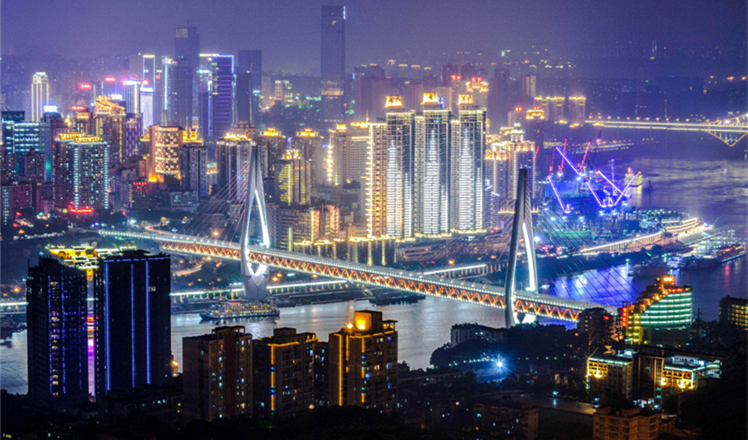
 Top 10 cities with highest GDP in H1
Top 10 cities with highest GDP in H1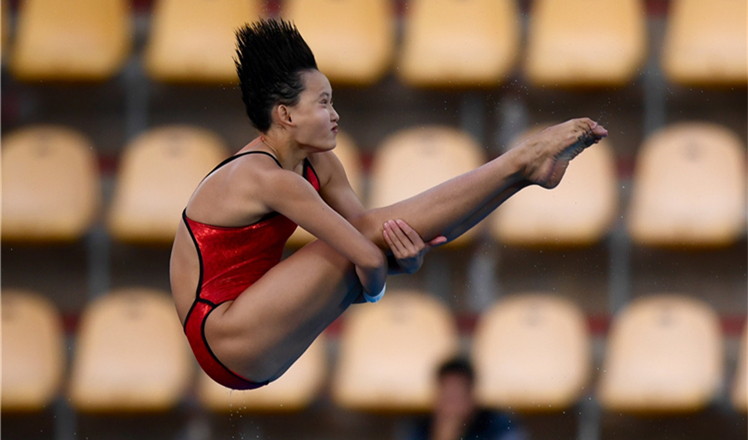
 Chinese teenagers take gold, silver on 10m platform
Chinese teenagers take gold, silver on 10m platform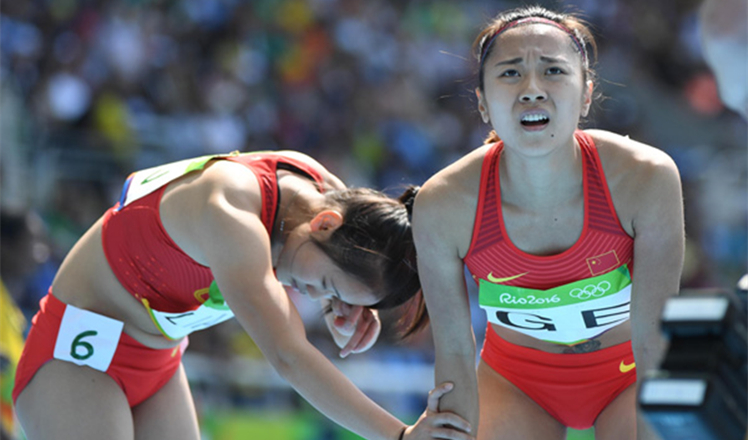
 US granted re-run to send China out of relay race
US granted re-run to send China out of relay race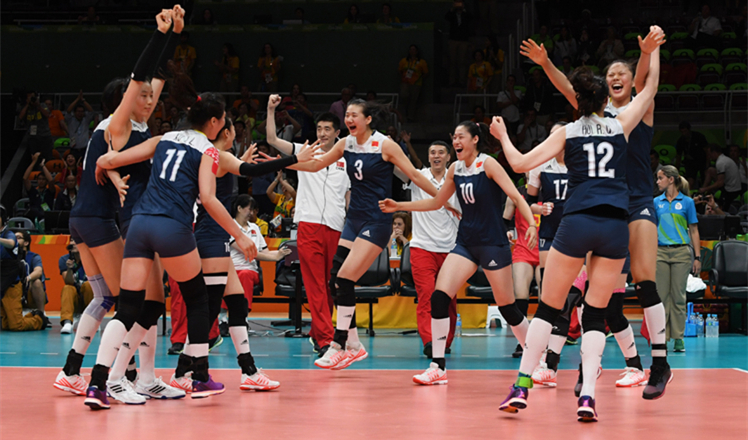
 China inches toward gold after beating Netherlands
China inches toward gold after beating Netherlands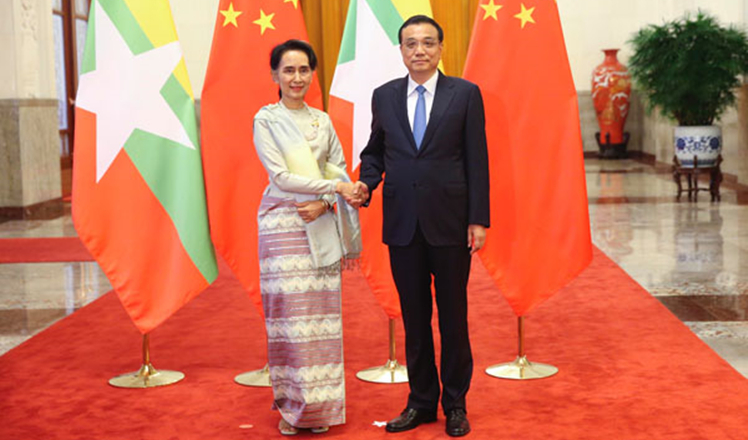
 Premier Li welcomes Aung San Suu Kyi
Premier Li welcomes Aung San Suu Kyi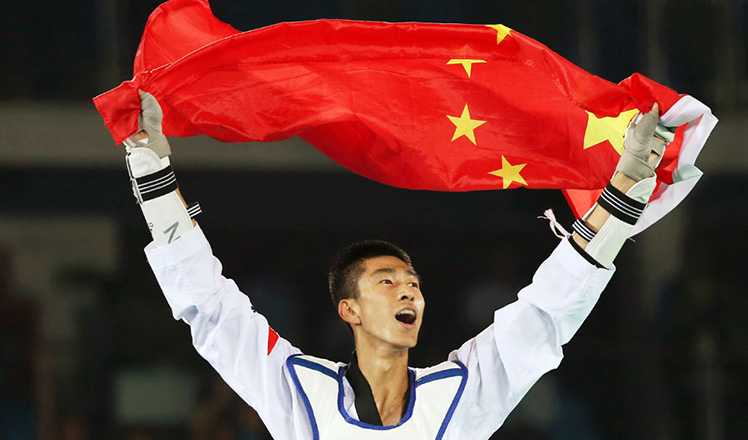
 Zhao wins China's first gold medal in men's taekwondo
Zhao wins China's first gold medal in men's taekwondo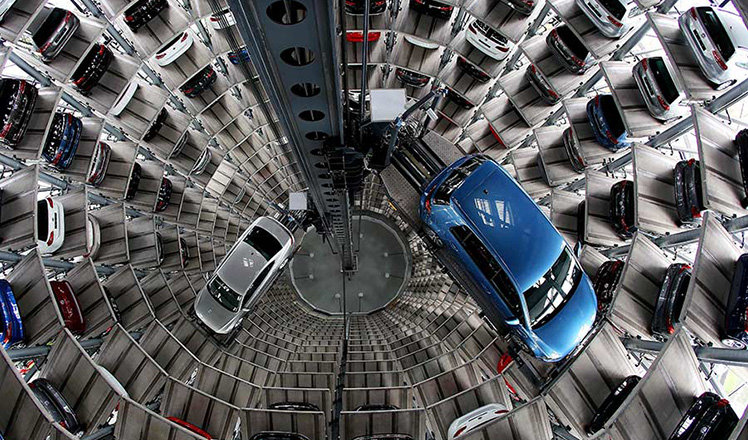
 World's top 10 innovative economies
World's top 10 innovative economies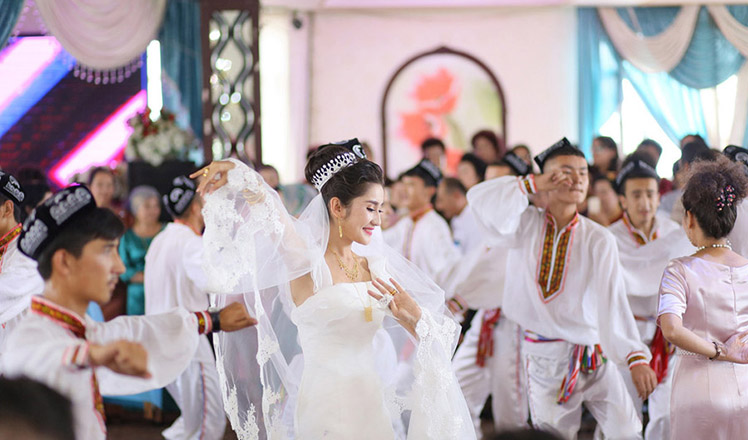
 Dancing, food and religion, all in a Xinjiang wedding
Dancing, food and religion, all in a Xinjiang wedding
Most Viewed
Editor's Picks

|

|

|

|

|

|
Today's Top News
Trump outlines anti-terror plan, proposing extreme vetting for immigrants
Phelps puts spotlight on cupping
US launches airstrikes against IS targets in Libya's Sirte
Ministry slams US-Korean THAAD deployment
Two police officers shot at protest in Dallas
Abe's blame game reveals his policies failing to get results
Ending wildlife trafficking must be policy priority in Asia
Effects of supply-side reform take time to be seen
US Weekly

|

|
